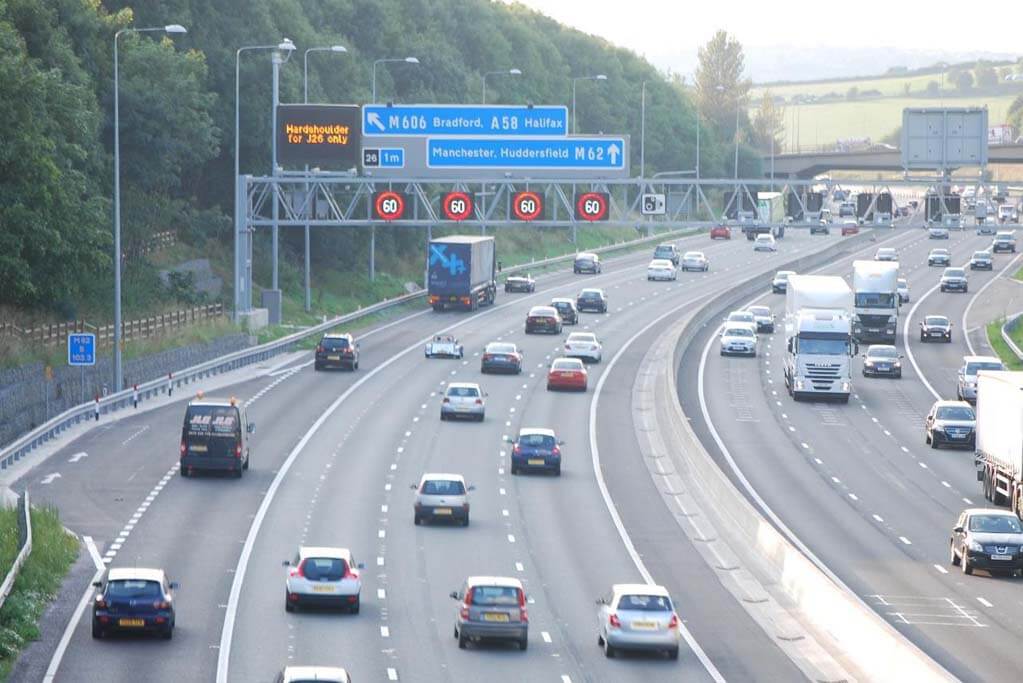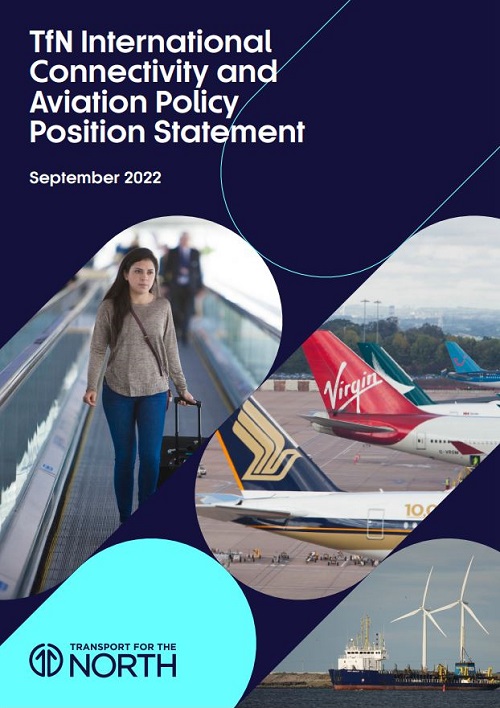







International Connectivity is pivotal to Transport for the North’s vision. Strong links from the region to the rest of the world supports economic growth and enhances the quality of life for residents. Businesses benefit from expanded markets and more efficient supply chains, fostering innovation, competitiveness, and overall economic resilience in the North. Inbound tourism brings opportunities for residents, as well as improving their access to leisure and business destinations.
We are continuing to work with the Northern airports and ports to identify and support connectivity needs where appropriate


TfN’s position for international connectivity and aviation has been developed in the context of the impact of Covid-19, decarbonising transport, optimising the green econom
CLOSE POPUP [X]